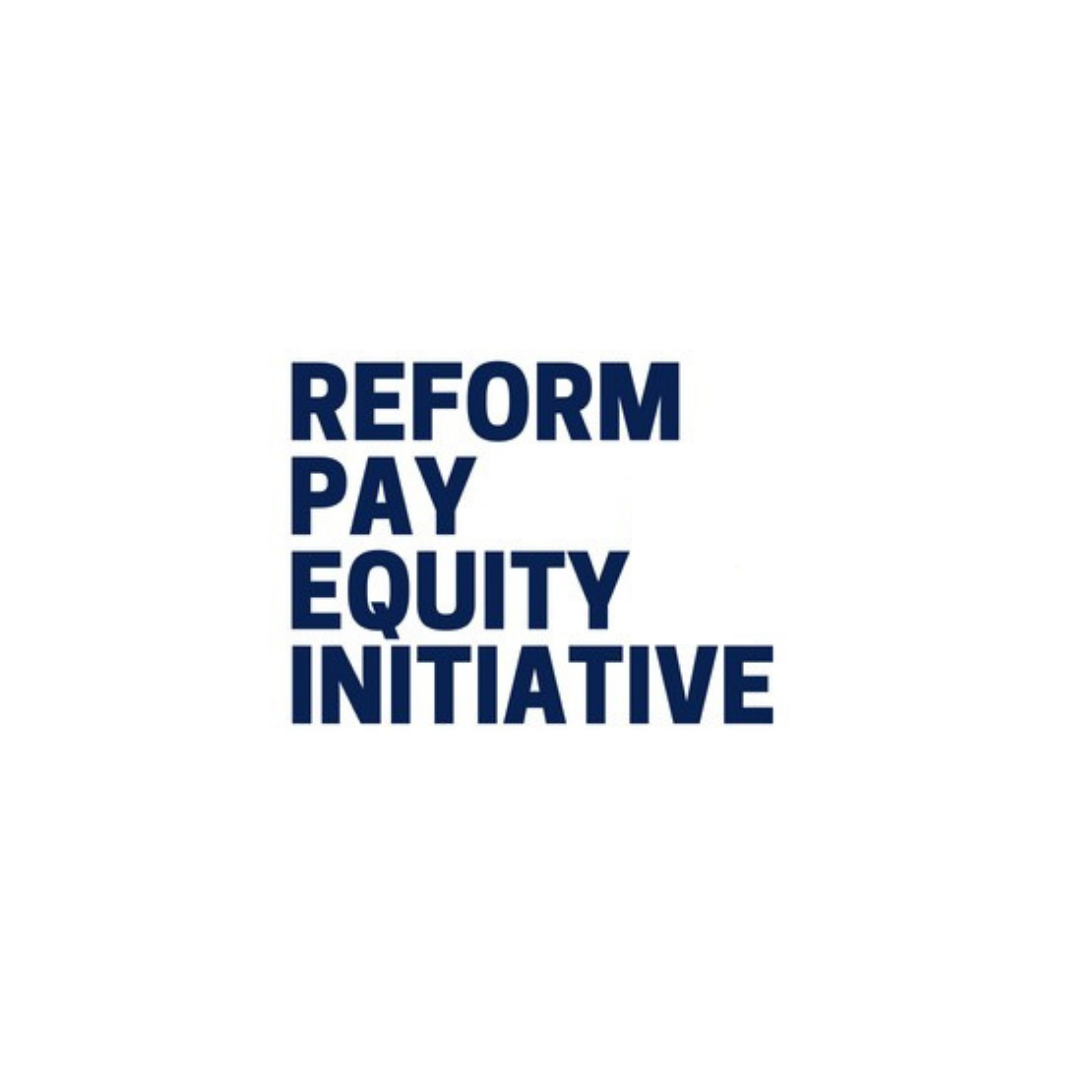I Am a Woman, and I Have Gender Bias
By Rabbi Esther Lederman, originally published 3-11-19 in Rav Blog, CCAR
Far too often, members of congregational search committees say they don’t need to worry about gender bias because they have women on the committee. Yet most of us, including women, carry implicit gender bias. It is implicit because it remains unexpressed. The more we are aware of our biases, the more we can address the challenge. When they remain hidden, there is very little we can do to tackle them.
Back in 2008, when then-Republican presidential candidate John McCain nominated Governor Sarah Palin as his vice-presidential running mate, I was very critical of the choice, and not because she had limited government experience. I simply didn’t believe that a mother of five children, especially when the youngest was living with a disability, could handle the job. I eventually shifted my thinking, thanks to numerous conversations with friends. I realized I would have never argued that a father of five couldn’t manage a high-level political job. It was the first time I was aware I carried gender bias, one that negatively impacted my view of what jobs mothers could do. My gender bias had been implicit until it became explicit, thanks to dialogue, conversations, and aanopenness to challenge my thinking.
There may have been several reasons why I held such a bias in the first place. At the time, I carried some ambivalence to becoming a mother, worried that being a mother would hold back my career ambitions. I didn’t understand how in many ways, working mothers are eminently qualified for their jobs because they are mothers. In addition, there is a cultural norm that it is ok to negatively judge other women when they make choices you wouldn’t for yourself. Of this, I am guilty.
Why do we as a Movement need to care about implicit gender bias?
The mission of the Union for Reform Judaism is to build a world of justice, wholeness, and compassion. We will not be successful at achieving this without an awareness of how our gender biases affect our ability to build that world.
We will not build a world of wholeness if we implicitly believe that mothers are not able to do the same work that fathers can, especially as senior rabbis of congregations.
We will not build a world of justice if those same gender biases affect our ability to pay mothers and women in general at an equal level that we pay fathers and men.
Compassion is defined as the sympathetic consciousness of others’ distress together with a desire to alleviate it. We will not build a world of compassion if we are not conscious of the degree to which being a woman, or being a mother, is seen as a disadvantage in the congregation, and doing what we can to change that. This requires rethinking what we consider the qualities we want in a leader, as well as the prior experiences we expect. We often discount the experiences of parenting, for example, as a job qualification, or look for qualities, like gravitas, that we don’t associate with women.
There is no way to avoid having implicit biases. We all have them. Our aim is to become aware of them and call ourselves out as we recognize them. I recently had to call myself out again.
It was Friday evening. My friend Josh, a rabbi in our congregation, and I found ourselves chatting while the kids ran around. Josh and his wife have three young children, and he was sharing how his wife Nani was away on a work trip for a few days. I asked, “Did your mom come down to help?”
As soon as it was out of my mouth, I realized I was guilty. Guilty of an assumption that feeds into the beast that is gender bias. I needed to name it, more for myself than for my friend. “Josh,” I said, “I feel terrible. If Nani were standing right here, and she had told me that you were away on a work trip for a few days, I never would have asked her if your mom had come down to help. I would just have assumed she could handle it, because she is the mom.”
I made an assumption that a father is less well-qualified to take care of his children, especially because he had a job as a congregational rabbi. This job requires evening work, and Shabbat responsibilities. How would he handle that if his spouse was not around to help? What was even stranger is that I had been in those exact same shoes myself, as a working mother with bimah responsibilities only a few years before!
How does this implicit assumption hurt women in our congregations, in particular the future rabbis and cantors we may hire to lead? If we assume a father is less well-qualified to take care of his children, what leaps of imagination do we have to do when faced with a mother who wants to become the next senior rabbi? Do we bring in our own biases of how children should be raised?
Project Implicit, out of Harvard University, has access to free implicit bias tests around a variety of themes. Consider taking it, or asking your board to consider it. The first step in addressing implicit gender bias is simply becoming aware.
—
Rabbi Esther L. Lederman is the Director of Congregational Innovation at the Union for Reform Judaism and sits on the CCAR Taskforce on the Experience of Women in the Rabbinate.
